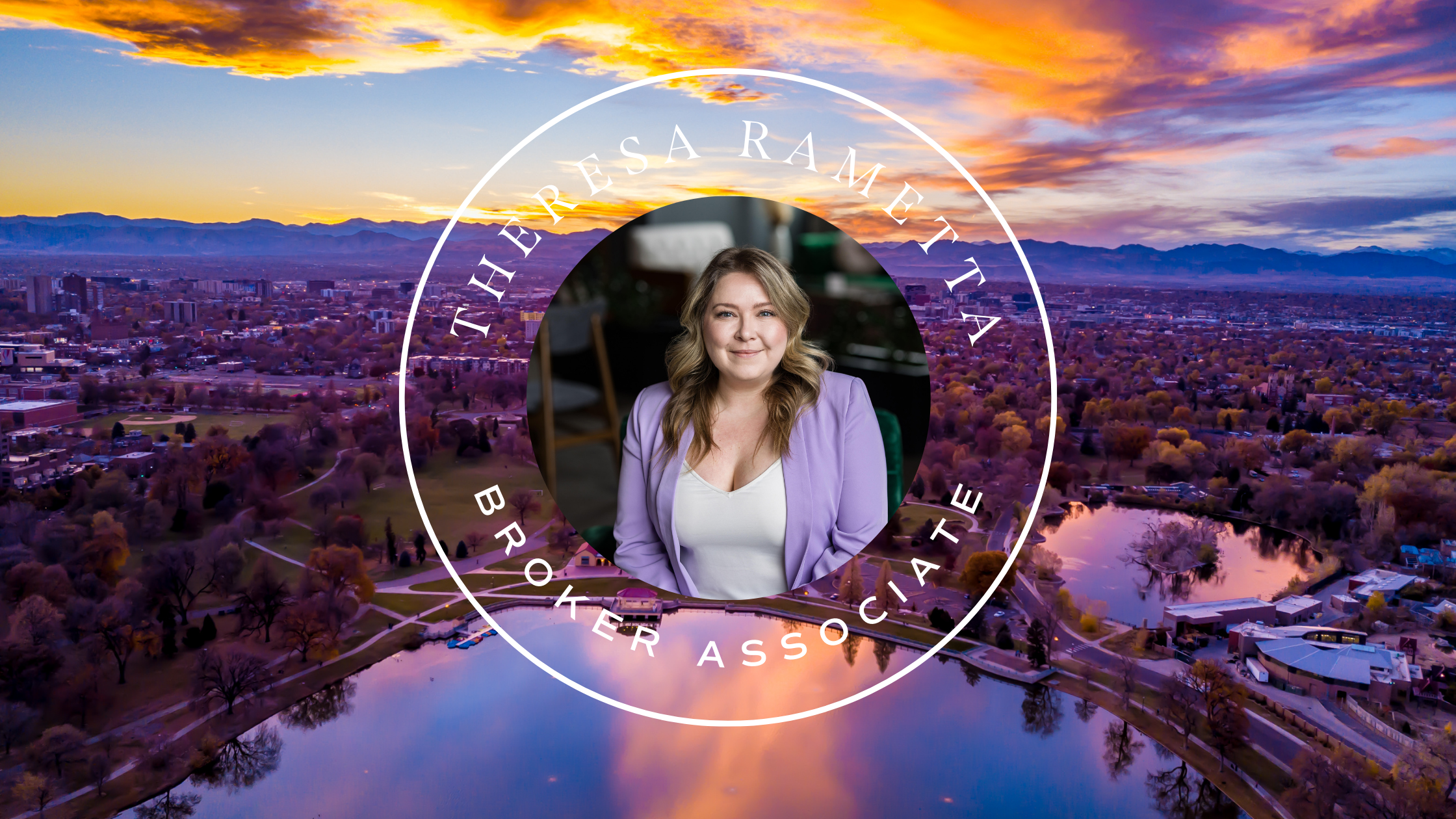” Buy land, they’re not making it anymore.” – Mark Twain
Owning a little piece of Colorado is a dream for many. Whether you’re perusing the eastern plains, foothills or mountains, our state offers some remarkable parcels for sale. Ranging from large tracts of hundreds and thousands of acres to a few thousand square feet, opportunity awaits.
With skyrocketing prices of existing homes, some people are opting to buy land and build. While the price of lumber and building materials have also gone through the roof, land purchasers may be willing to wait until the costs start to decline before going through the permitting and construction process.
While some may envision a land purchase for hunting, fishing, camping and other recreational pursuits, others have a dream home in mind. With increased population density in Denver, long time urban dwellers are wondering if now might be the time to escape to less populated areas where land is typically less expensive, and allows for greater freedom of movement without traffic and congestion issues.
Furthermore, with remote work being more common, people are starting to rethink where they want to live.
Regardless of your intentions, there are many questions you must ask yourself before taking a big step with a land purchase. And we strongly suggest having a seasoned professional to help guide you through the process.
Buying land is a much different experience than buying a house or an existing commercial building, especially if it is undeveloped terra firma. You’ll have to know the right questions to ask, from determining how you’ll use the property to understanding the property taxes. It can be a daunting task unless you are assisted by an experienced real estate professional who can help guide you through the process
Listed below are just a few basics to keep in mind before starting your search for land in the Centennial state.
Basic Services
Water/Sewer/Septic
Unless you want the land to be strictly for recreation (i.e. camping, hunting, fishing, etc.), you’ll want to have access to drinking water. There may already be municipal water hookups nearby which will allow easy access. Or, you may have to drill for a well. Be aware of the costs of getting water to the property and the same thought process applies with the wastewater management on the property. There may be a sewer line that’s already set up or you may have to create a septic system if a sewer system isn’t available.
Electricity
Unless you are planning to go “off the grid,” you’ll need access to electricity. And you’ll once again have to consider the cost of getting power to your property. If you are building close to existing power lines, the hookup cost will be minimal. However, if you are building a home a mile away from the electrical source, you’re probably looking at significant fees. If you aren’t going to be living on the property full-time, a generator might be enough. There are many available options of generators on the market, including inverter generators which run much quieter and for longer periods of time.
Heating
If you are planning to build an all-season home, you’ll want a heating source. This can come in the conventional forms of electric baseboard heat, natural gas, propane, oil and wood burning stoves. Some of the alternative heat sources include geothermal heat pumps, solar and pellet stoves. Depending on your lifestyle and budget, there are many options.
Cable/Satellite TV
If you want traditional TV service, check the local providers and whether they serve your property. If you are interested in cutting the cord to monthly TV fees, another option is to hook up an antenna to get local stations in addition to multiple other channel offerings.
Cell Phone/Internet Service
In many remote areas of Colorado, cell phone service is patchy or non-existent. Even urban areas may have “dead zones” so you’ll want to keep this in mind when selecting your property. Check with people in the area to find out which carrier has the best signal. Also, you’ll want to research the best internet providers in the area if you are planning to use your computer or streaming devices.
Garbage/Recycling
Unless you are planning on regularly scheduled visits to a local dump or are using an incinerator, you’ll have to determine how to remove your garbage and recycling products. Make sure to check the local regulations.
Other Aspects to Keep in Mind
Objective
For what purpose will you be using the property? Building a primary residence or a vacation home or cabin? Or will the land be for recreation like camping, hunting, fishing, etc.?
Location
How far is the property from a city and/or county services? Are grocery stores, shopping, medical services or schools nearby? In what condition are the roads leading to the property? Are they maintained by the county or another local municipality, or an HOA?
Topography
If you are planning to build, is there easy access to the property? Is it heavily forested and, as a result, will many trees need to be removed? Is there level ground for a solid home foundation? Keep in mind the challenges of snowpack on north facing slopes.
Environmental factors
Are there any potential problems with the soil? Are wetlands present and will any mitigation have to be done? Does the property flood? Is there any reason to believe their may be contaminants in the soil and potentially in the water table (i.e. location near mining sites, factories, industrial areas, etc).
Neighborhood
Are other homes nearby? Is the property part of an HOA? If so, what is included in the HOA and what’s been the pricing history? What about assessments? How often have fees increased? Are there regulations regarding setbacks, pets, height restrictions, outside storage, vehicles, etc.?
Taxes
How much are the property taxes? This is a biggie. Keep in mind that non-residential and commercial land is assessed at a much higher tax rate than residential property. In fact, it is over 3 1/2 times that of residential property in Colorado. It goes without saying, it makes more sense to build a home on vacant property or use the land for agriculture or ranching which reduces the tax bill. Even when a person would like to keep the land open and undeveloped for aesthetic purposes, they often find themselves forced to sell the land, subdivide or build a home on it because of high taxes.
Property insurance
Know ahead of time what you’ll be paying for insurance. Many homes built in the foothills and mountains are at risk of wildfires and often times, insurance companies require mitigation around the house to lessen the chance of it being destroyed in a fire before they will issue coverage.
Other amenities
What other aspects of a land purchase are important to you? Do you want to live close to a ski area, fishing, hiking or other recreational pursuits? Is having a view important? Do you want to have neighbors or be far removed from civilization?
Regardless of your needs, Usaj Realty is ready to help you in your search for a piece of the American dream!
(Editor’s note: This blog was originally published in April of 2019. It has been updated to provide recent trends and information).




